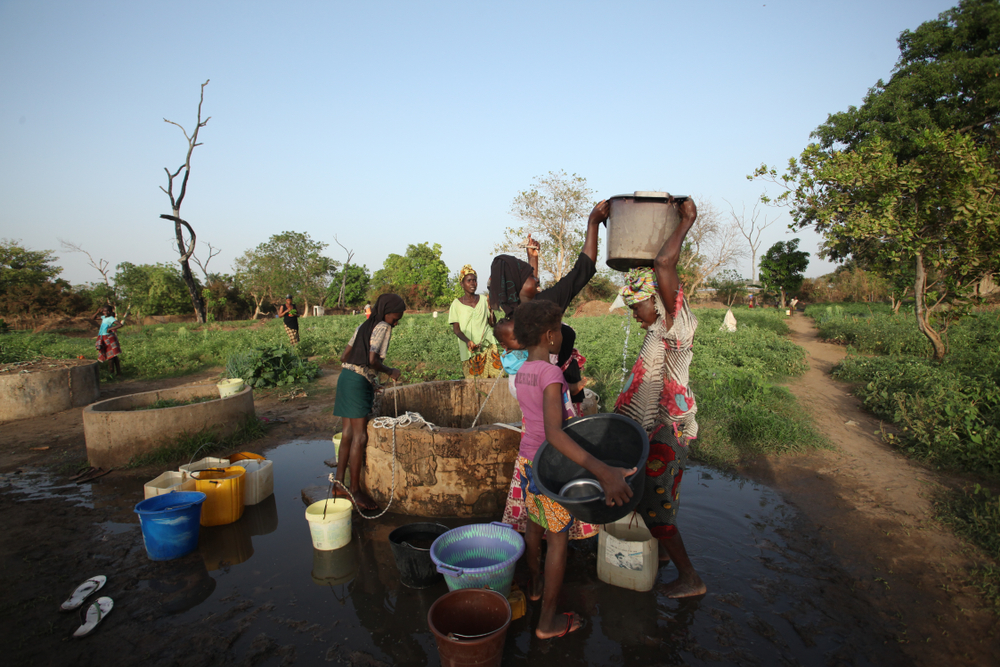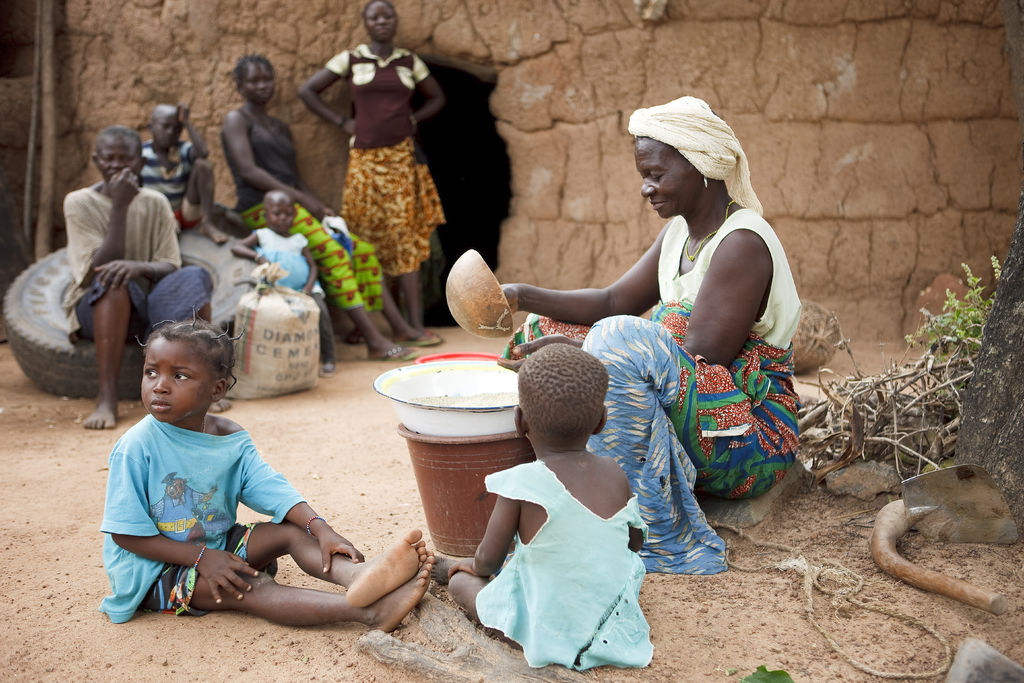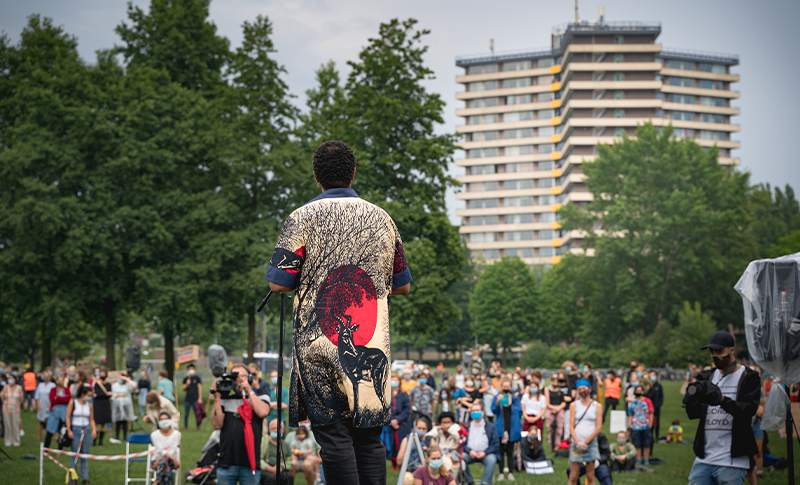In June, WUR will start a dialogue about inclusiveness and discrimination. ‘That is badly needed. WUR says it is international and inclusive, but that is not enough. There are differences, people are treated differently and that shouldn’t be happening’, says Cicilia Jr.
The immediate reason for the dialogue is the photo exhibition on the billboards outside Impulse that was taken down last year. The images of informal waste recycling in Ghana in photos taken by the Dutch WUR alumnus Jurrian Veldhuizen led to fierce protests from the African community. They said the photos gave a negative, stereotyped, incomplete and damaging representation of Africa. Cicilia Jr. agrees.
He says the debate has everything to do with the broad interpretation of the concept of colonialism. ‘Colonialism is not just about the colonial past. It is about a dominant worldview – heteronormative and Western – that is seen as normative, standard and right.’
Uncomfortable conversation
The discussion about the photos ties in with DARE’s mission: mainstreaming the conversation about antiracism and discrimination. It is not yet clear what form the event in June will take. Cicilia Jr.: ‘I think it needs to be about how we can have emotive and uncomfortable conversations without taking our own uninformed impressions as the starting point.’
That uninformed approach was evident in the photographer’s decision to use the word ‘scavenger’ in the captions. Cicilia Jr.: ‘That’s simply discriminatory. It’s just as bad as using the N-word. Working out you can’t say that is hardly rocket science. A bit of googling would have been enough.’
The meeting in June will be preceded this month by a dialogue in Plus Ultra for invited guests, organized by the Centre for Value Creation, which also organized the photo exhibition. The theme will be how to deal in future with potentially divergent responses to public art exhibitions. RK
See also the interview with Sebastiaan Berendse of the Centre for Value Creation.

 Photo Shutterstock
Photo Shutterstock 

